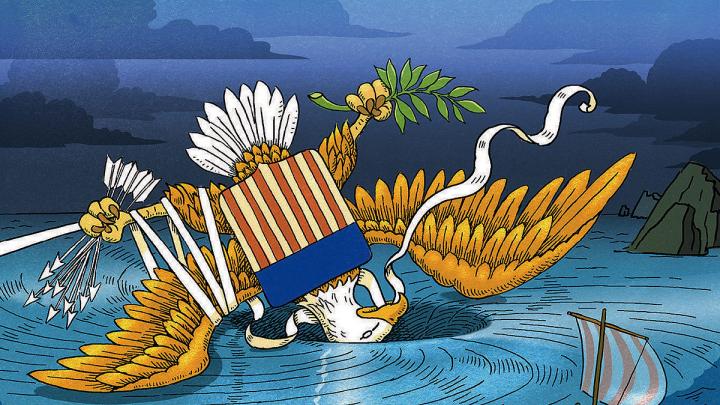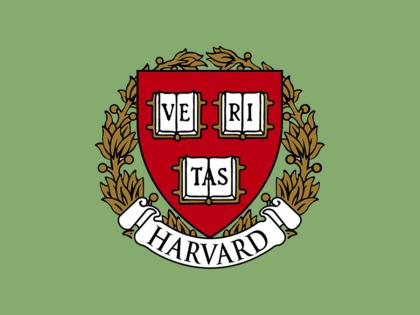The population of the United States, like that of most established democracies, has become far more diverse in recent decades, prompting varying political and cultural reactions. Rockefeller professor of Latin American studies Steven R. Levitsky and Eaton professor of the science of government Daniel Ziblatt conclude that the U.S. reaction has been “unusually authoritarian”—and unusually successful in attaining outright power (compared to Europe, where critics have largely remained in the opposition or been part of coalition governments). More broadly, they detect a fundamental flaw in U.S. governance, detailed in Tyranny of the Minority (Crown, $28.99). From the introduction:
Part of the problem we face today lies in something many of us venerate: our Constitution.…A brilliant work of political craftsmanship, it has provided a foundation for stability and prosperity. And for more than two centuries it has succeeded in checking the power of ambitious and overreaching presidents. But flaws in our Constitution now imperil our democracy.
Designed in a pre-democratic era, the U.S. Constitution allows partisan minorities to routinely thwart majorities, and sometimes even govern them. Institutions that empower partisan minorities can become instruments of minority rule. And they are especially dangerous when they are in the hands of extremist or antidemocratic partisan minorities.
Prominent eighteenth- and nineteenth-century thinkers, from Edmund Burke to John Adams to John Stuart Mill and Alexis de Tocqueville, worried that democracy risked becoming a “tyranny of the majority”—that such a system would allow the will of the many to trample on the rights of the few. This can be a real problem: Governing majorities undermined democracy in twenty-first-century Venezuela and Hungary and are threatening to do so in Israel. But the American political system has always reliably checked the power of majorities. What ails American democracy today is closer to the opposite problem: Electoral majorities often cannot win power, and when they win, they often cannot govern. The more imminent threat facing us today, then, is minority rule. By steering the republic so sharply away from the Scylla of majority tyranny, America’s founders left it vulnerable to the Charybdis of minority rule.…
Understanding how we got here is a principal task of this book. The more urgent question, however, is how to get out. One thing is clear: Our institutions will not save our democracy. We will have to save it ourselves.







